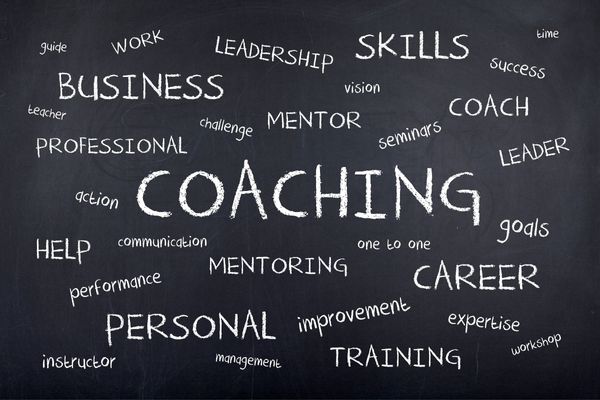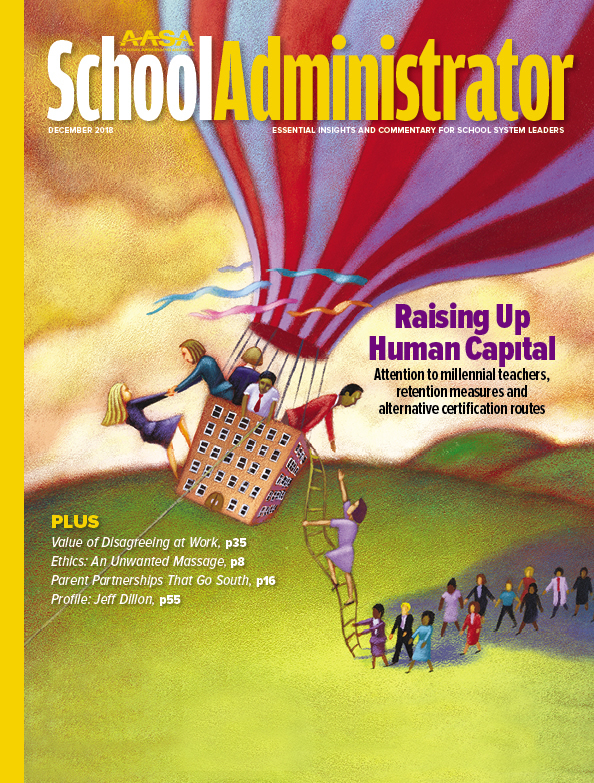December 2020: School Administrator

Advertisement
Additional Articles
-
 Coaching and Collaborating for Instructional Leadership
Coaching and Collaborating for Instructional LeadershipNew attention to the principal-supervisor relationship shows the possibilities for educators’ growth and students’ gains
-
 It's Just Lunch ... Or Is It?
It's Just Lunch ... Or Is It?A superintendent's path to a positive and collaborative union-district relationship starts over a meal
-
.png?sfvrsn=75445ac_7) The Demographic Realities of School Tax Elections
The Demographic Realities of School Tax ElectionsA suburban district employs tracking technology and commercially available data to generate decisive community support of its funding proposals
-
 Support by the Community
Support by the CommunityHow widely do superintendents feel public backing?
-
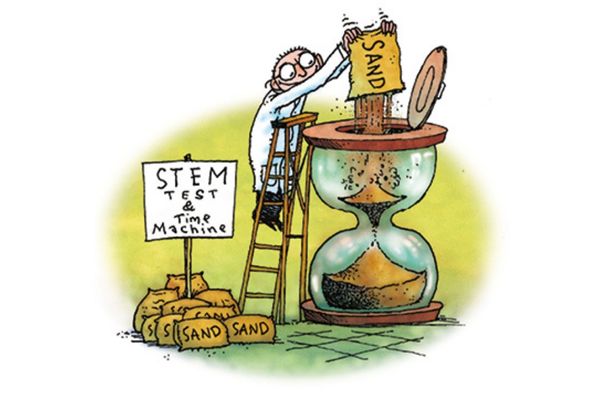 Conveying Caveats on Extra Time
Conveying Caveats on Extra TimeIs a principal justified in referencing extended time to complete tests when writing letters of recommendation for students with disabilities?
-
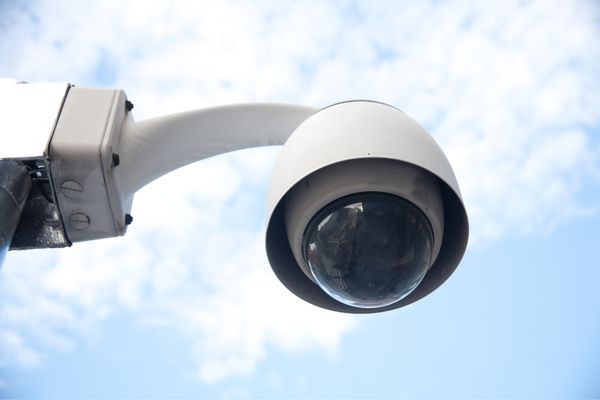 Video Surveillance on School Property
Video Surveillance on School PropertyShould parents and police be given access to recordings?
-
The Zoom Muzzle Syndrome
How can you elevate board member engagement when meetings are conducted via videoconferencing?
-
 Remote Attention to Social-Emotional Needs
Remote Attention to Social-Emotional NeedsA superintendent’s use of social media to cultivate perseverance, teamwork and empathy.
-
.png?sfvrsn=e539994d_7) In Uncertain Times, Showcase Your Humanity
In Uncertain Times, Showcase Your HumanityAn assistant superintendent on reminding your community of your core values.
-
The Difficult Embrace of Constructive Criticism
A prideful leader who sees the value of feedback should be ready nonetheless for a bruised ego at times.
-
The Kaya Principles on Leading Leaders
A principal’s essay on drawing inspiration from a school district chancellor for his feelings of empowerment and protection.
-
.png?sfvrsn=2c854cfb_9) Leadership Teams That Share Credit
Leadership Teams That Share CreditThree main areas that, with the attention of superintendents, can make a difference in district leadership.
-
 Sometimes Influence, Not Authority, Works Best
Sometimes Influence, Not Authority, Works BestLeading a community while operating well short of authoritarian rule.
-
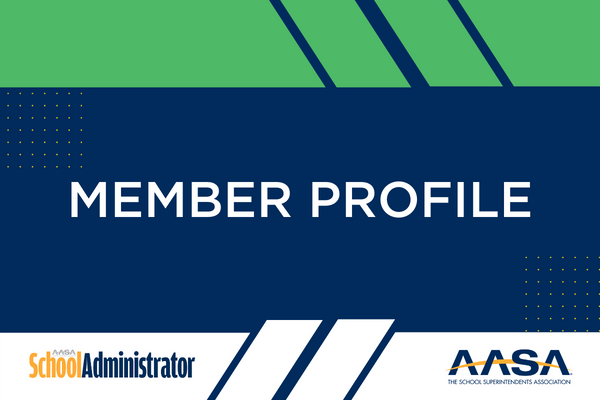 Extending an Educational Lifeline
Extending an Educational LifelineSchool provided a lifeline during childhood for this superintendent, something she hopes to extend now to others.
Staff
Scholarly Work Made Relevant
Richard Boyatzis is the sort of thinker you’d expect to find in the professional literature about organizational behavior and management. In fact, that’s where I most recently encountered the longtime
scholar who had contributed a piece to Harvard Business Review last summer titled “Helping People Change.”
That was enough to lead me back to Boyatzis, who teaches at Case Western Reserve. We asked him to draw on his newest
book to share applications of research about modifying behavior for the greater good of the organization’s mission. Find his co-authored article, “From Core to Core: Coaching With Compassion for Professional Growth."
By training
a clinical psychologist, Boyatzis has spent time working with K-12 educators. Over the years, his published work on training and coaching has drawn on examples of teachers and principals, and a recent project on organizational development led to his observations
involving superintendents in his writing for us this month.
He believes education leaders can benefit from the broader organizational leadership literature, even if the works aren’t usually pitched their way. “The only reason books
are not focused on this audience,” Boyatzis says, “is that they don’t spend money on training at the same level as industry so it is really a marketing issue, not relevance.”
Jay P. Goldman
Editor, School Administrator
703-875-0745
jgoldman@aasa.org
@JPGoldman
Advertisement
Advertisement


